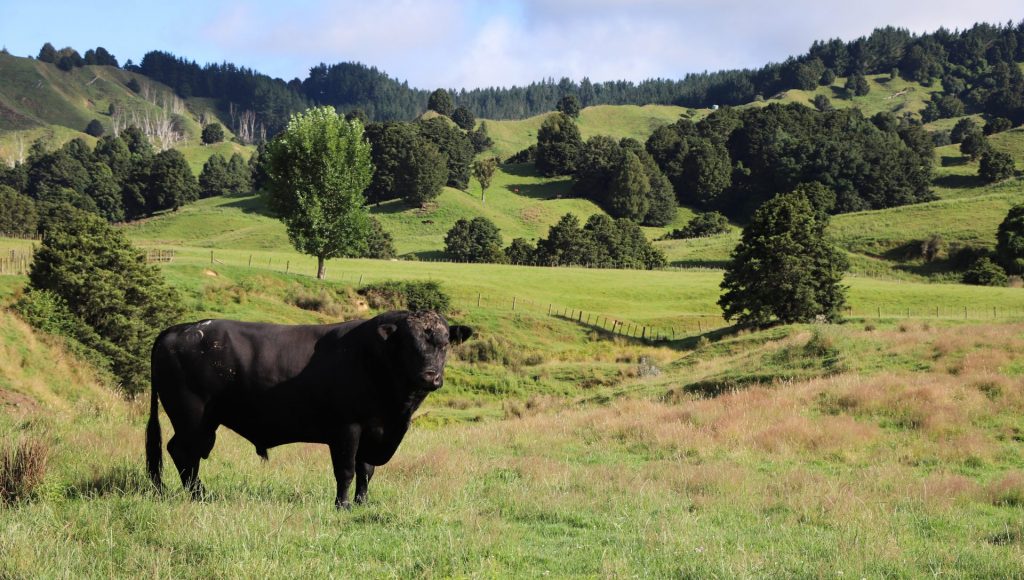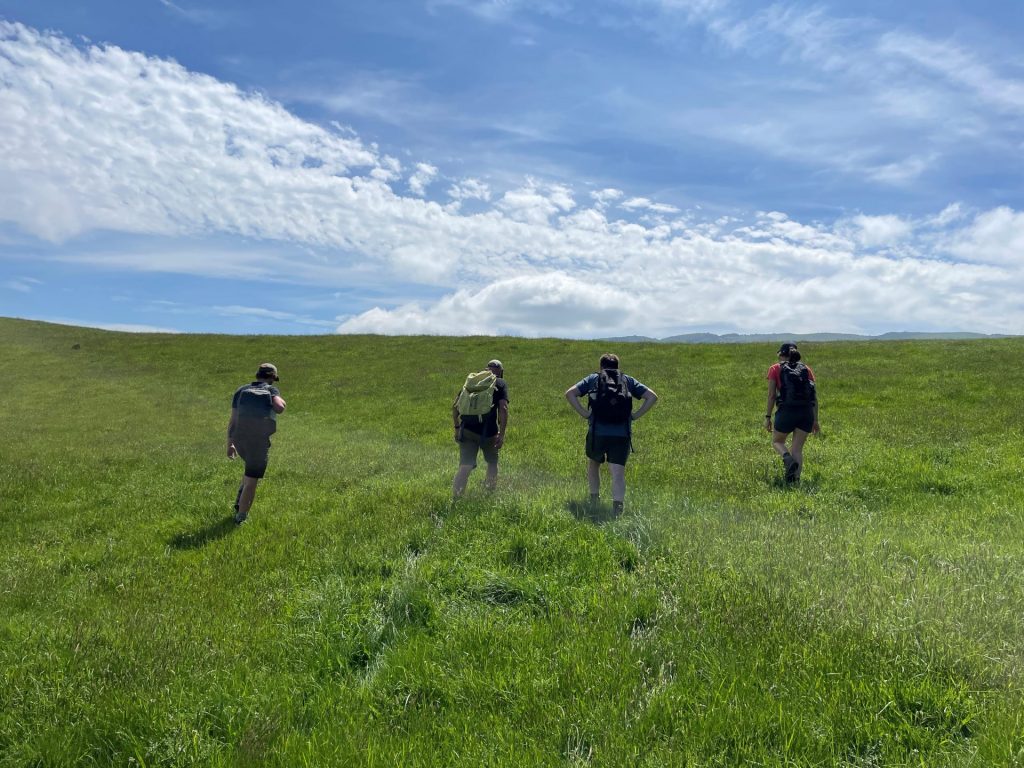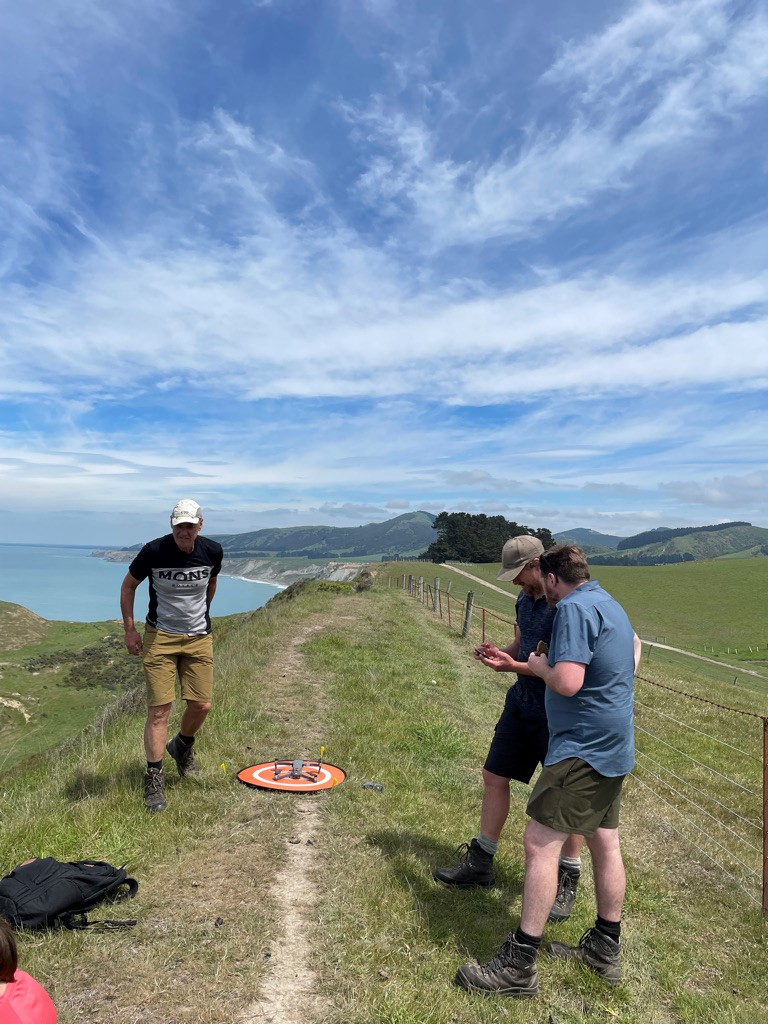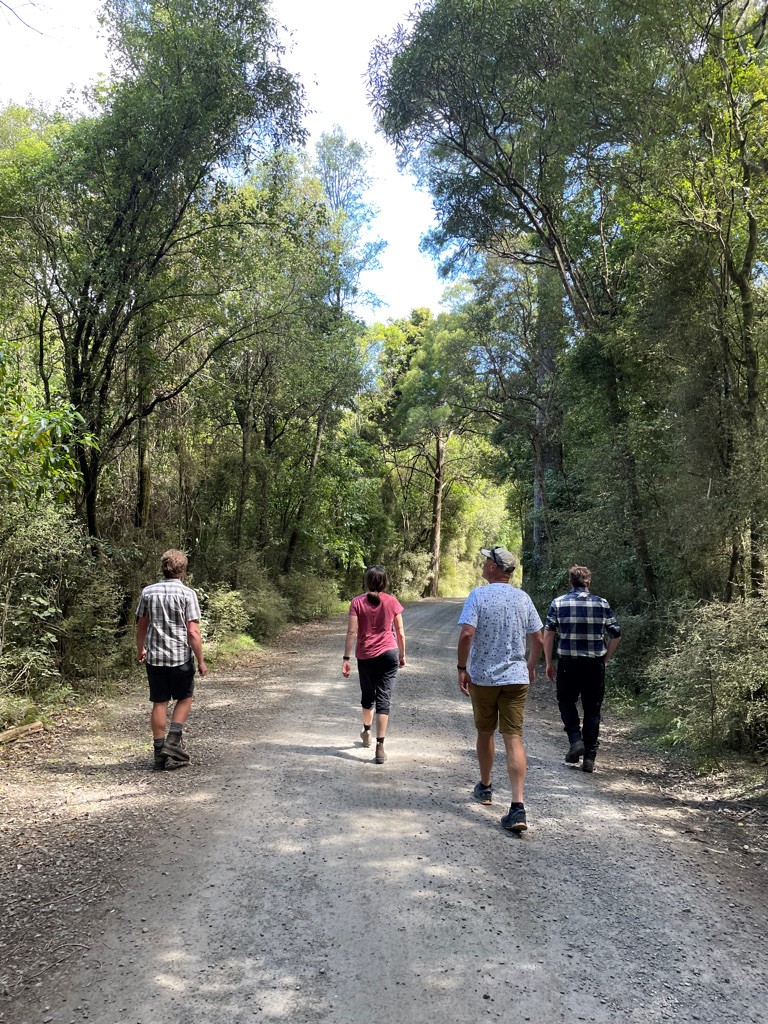New initiative supporting farmers to protect and restore native biodiversity
An innovative new pilot project aims to make it easier for pastoral farmers to protect and restore native biodiversity on their farms.

The Ministry for Primary Industries (MPI) is contributing almost $1 million to the $1.42 million project through its Sustainable Food and Fibre Futures fund. The 20-month project will break down barriers to farmers taking action on biodiversity management.
The project is being led by the NZ Landcare Trust and supported by Silver Fern Farms, the Living Water Partnership (Fonterra and the Department of Conservation), and the BioHeritage Challenge/Ngā Koiora Tuku Iho.
“There is widespread interest in this area from farming communities and farm advisors, but expert advice is hard to come by and can be costly,” says Steve Penno, MPI’s Director of Investment Programmes. “The first step will be improving access to this advice.”
Dr Nick Edgar, CEO of NZ Landcare Trust, says developing capability for the sector is a critical first step. “This pilot project will trial approaches for more cost-effective ways of providing expert advice to the sector. It will first work with 40 sheep, beef and dairy farmers to develop biodiversity planning support and win-win approaches to biodiversity management practices. Working with people who directly work with farmers is considered key to success for supporting a change across the system. The results will be shared with at least 6000 farmers.”

The pilot project will work with farmers, catchment groups, councils and others to prepare resources that enhance biodiversity across various farming landscapes and demonstrate the suitability for applying this approach nationally. A vital aspect of the project is addressing the shortage of ecological expertise available.
“Three ecologists will be trained up to apply their ecology skills to help farmers reach their goals, tailored to their farming environments,” says Dr Edgar. “Farmers need access to expert advice to make informed decisions about effectively managing and working alongside native biodiversity, and this will start to address that issue.”
As well as building people capability, the ‘Farming with Native Biodiversity’ project aims to develop science-based strategies for managing and monitoring native biodiversity in tandem with broader farmer goals.
“Major markets overseas are increasingly expecting us to demonstrate how biodiversity is being retained or restored across the supply chain,” says Dr Edgar.
“The project will develop tools that reflect how our farming community connects with information, for example, through podcasts, peer-to-peer learning and video. Case studies will be created with advice from 20 farmers covering different eco-zones and farming types.
“Sharing knowledge in a way that connects with farmers to provide guidance, advice, and ideas for action is crucial for success.”
Resources will be developed to guide farmers with their decisions about on-farm native biodiversity.
Steve Penno says the ultimate aim of this project is to help farmers safeguard our natural environment.
“Our Fit for a Better World roadmap for the primary sector aims to strengthen the environmental credentials of our food and fibre products and drive further growth in value of products.
“Helping farmers to include biodiversity objectives into their farm plans is one way we can support them to make their farms even more environmentally sustainable, and demonstrate to overseas markets that we’re taking action in this area.
“Pastoral farming can be part of the solution for reversing the decline of native biodiversity and climate instability in New Zealand.”
Originally released by the Ministry for Primary Industries.
Posted December 2021.

